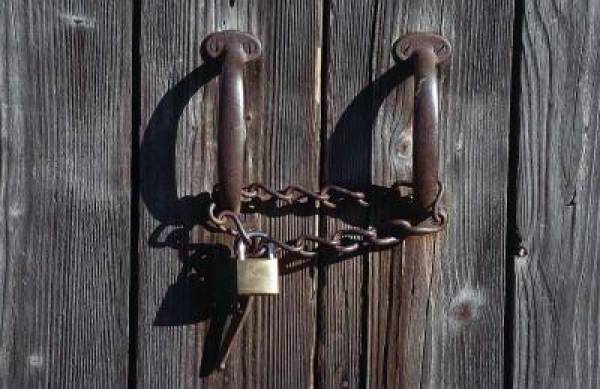Australian gambling news of a rather controversial nature continues to be all the rage. Today we probe the Tabcorp Holding's owned Star City casino and investigate the allegations that some of their gamblers break their own self imposed bans. Media Man and Gambling911 make Star City the star news report in news from down under...
Truck fulls of gamblers are banning themselves from Star City casino, but leaks say even more are sneaking back in to once again try lady luck.
You want numbers? Ok, between 2006 and 2010, 935 problem gamblers asked the casino to band themselves. In the time window, self-excluded gamblers were nabbed 1249 times breaching their own ban, some time and time again.
The number of government inspectors employed to monitor the scheme at the land based casino has dived from 28 in 1995 to 17. They count on photos and memory to pick out any one of 2194 punters...the total number currently on the land based casino's list of voluntary exclusions.
Star City is required by law to offer a self-exclusion program, under which punting patrons can request to be blacklisted for at least 12 months and directed to a counselling service. The casino must remove patrons caught lapsing or face a fine of $2200. Pubs and clubs offer similar programs. Neither the Australian Hotels Association (NSW) nor ClubsNSW collate detailed data, spokesmen for the groups said.
Senator Nick Xenophon, the anti-poker machine campaigner, said "self-exclusion is a joke. It doesn't work and the industry knows it".
Commenting on behalf of Star City, a spokeswoman for the NSW Office of Liquor, Gaming and Racing, which provided the data for the casino, said self-exclusion schemes were just "one tool in a large suite of programs and legislative controls designed to protect and support people at risk". On its website, Star City admits it is impossible to always identify gamblers who have excluded themselves, and says commitment by patrons "is essential".
A number of Star City casino gaming staff, who requested not to be named, said they had not received any training for the self-exclusion program and could not identify a single person using it.
Smart cards with chips and photo ID would make it more difficult to get around self-exclusion orders, said Professor Nerilee Hing, from Southern Cross University's School of Tourism and Hospitality Management. It was too onerous for gamblers to ban themselves from several venues, and too difficult for staff to monitor gaming rooms on busy nights.
The smart cards are not foolproof either, with gamblers already swapping tips and tricks at pubs and clubs as well as discussing loopholes on internet gambling forums.
A 2010 study by the Tasmanian Department of Health and Human Services found 60% who had voluntarily excluded themselves from venues went back.
Abigail Kazal, clinical psychologist and co-ordinator of the St Vincent's Hospital gambling treatment program, said "a portion" of people who visited her clinic continued to gamble in defiance of self-imposed bans: "Self-exclusion is a very positive, healthy first step … It can be easy to get around it, but people always feel awful afterwards about the damage they do. They accept that they bear ultimate responsibility."
Last year Aussie gamblers lost more money per capita than people in any other country, tanking $1220 each, according to data collected by H2 Gambling Capital. Much of it was in New South Wales, home to about 100,000 'one armed bandits', half Australia's total.
Friends, good punting, know your limits and bet with your head, not over it.
Punters, er readers, stay glued to Media Man
http://www.mediamanint.com and Gambling911 reports for more "can't miss" information on Australian pokies, gaming and casino wars.
*Media Man
http://www.mediamanint.com is primarily a media, publicity and internet portal development company. They cover a dozen industry sectors including gaming.














